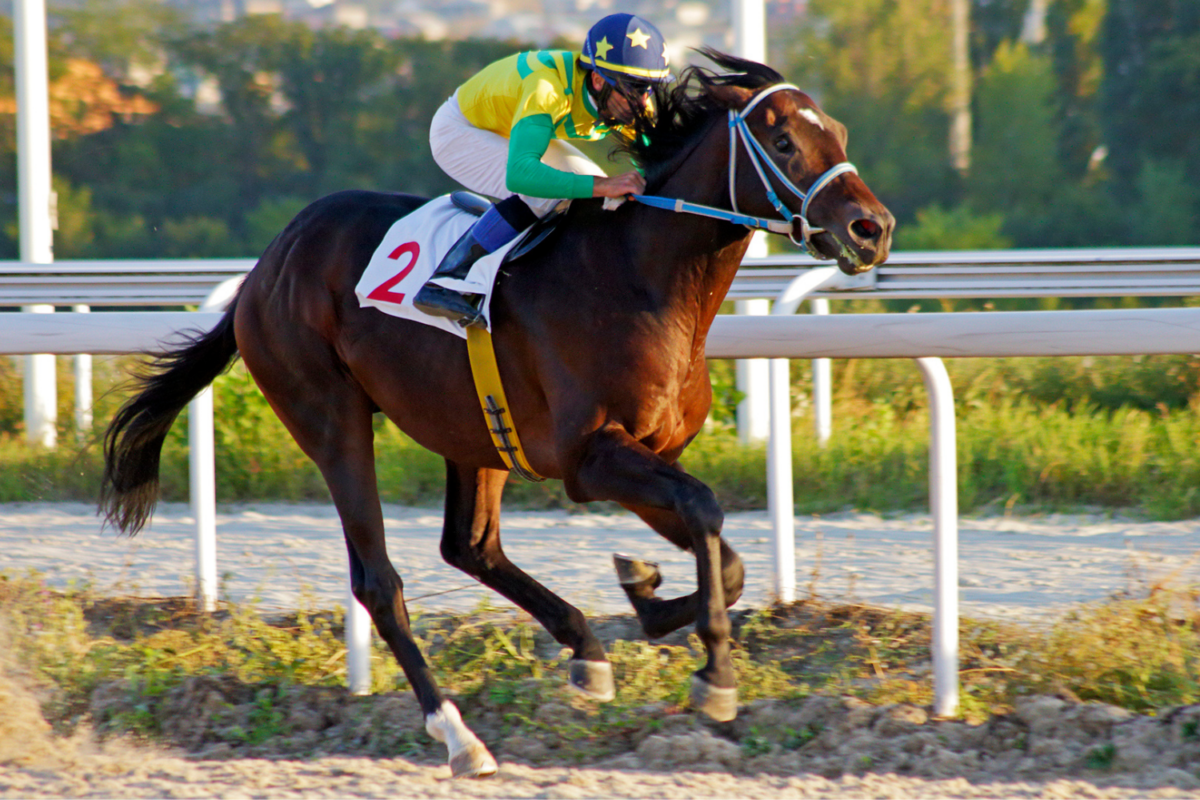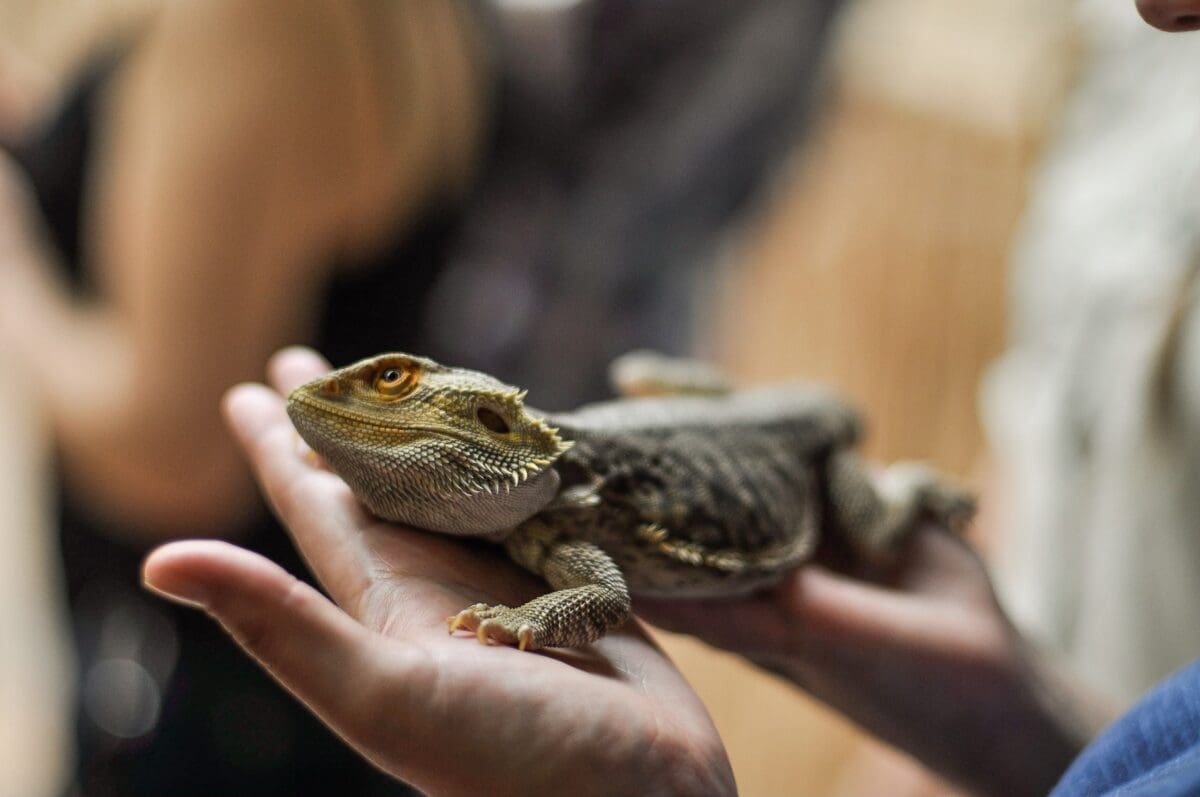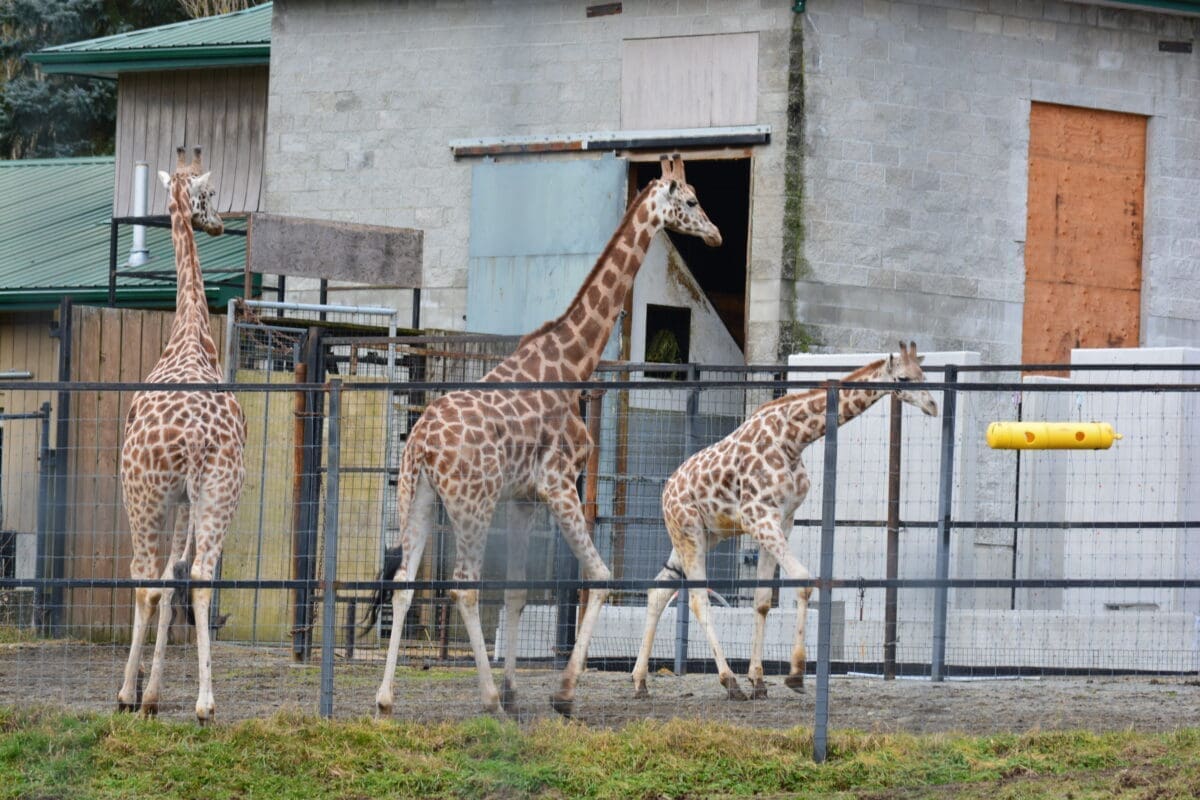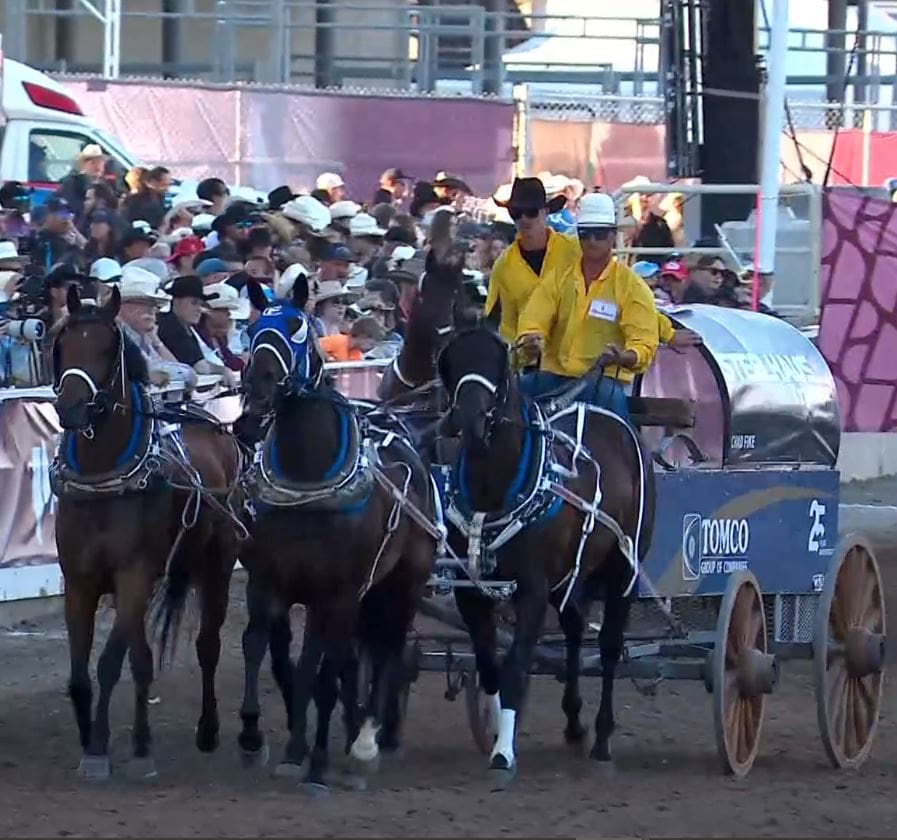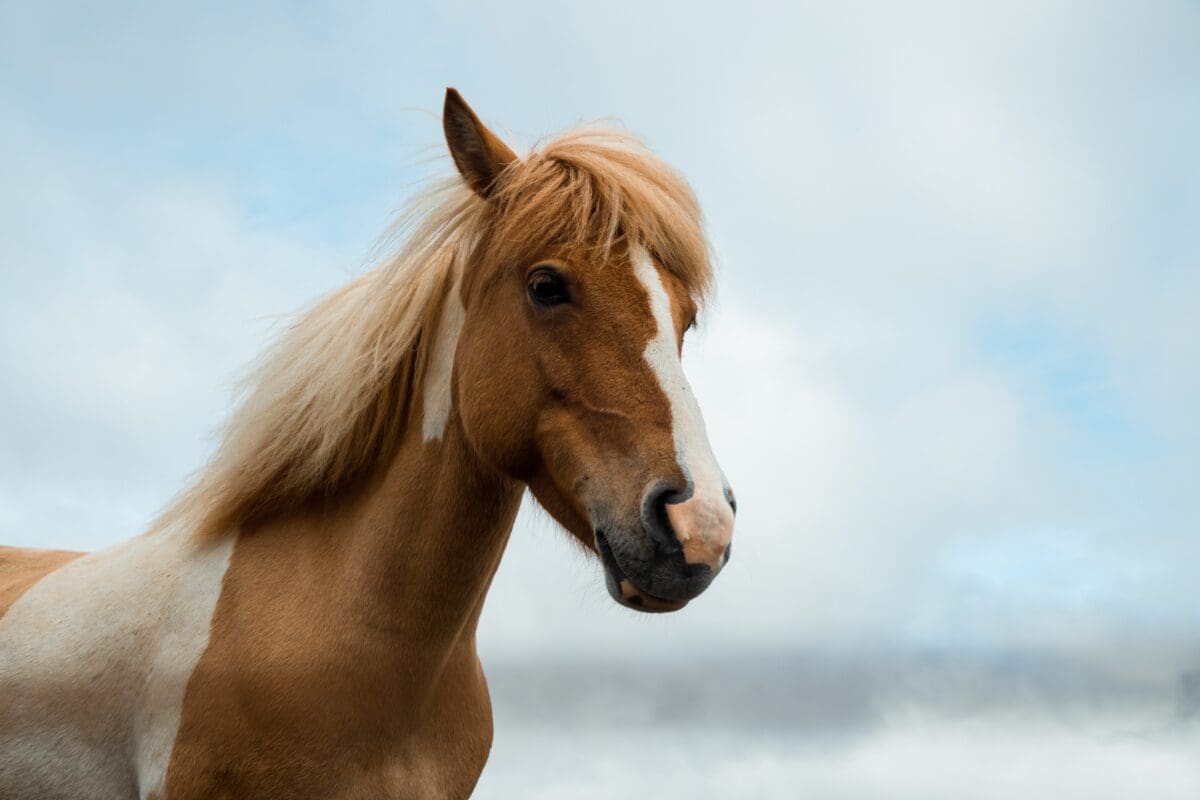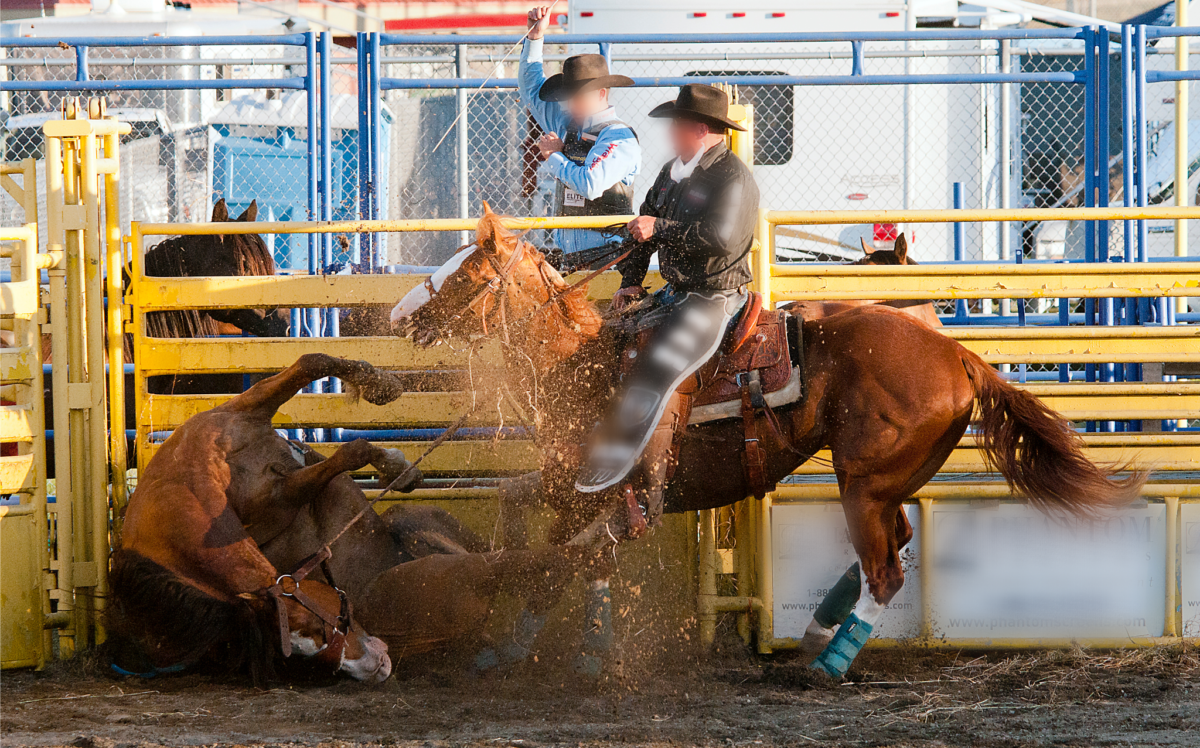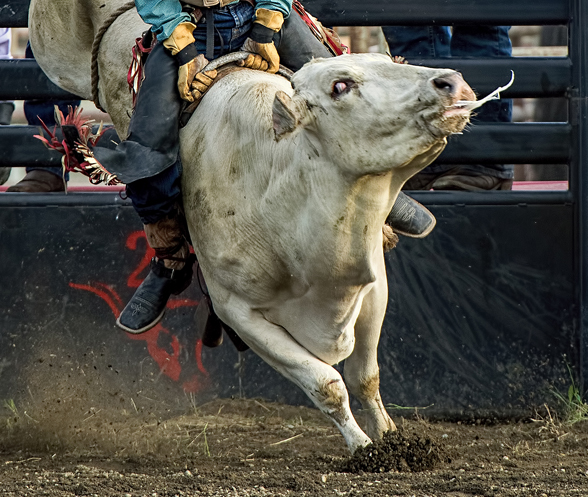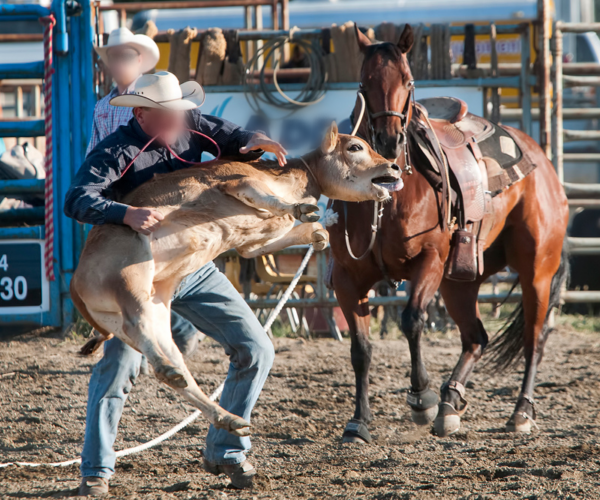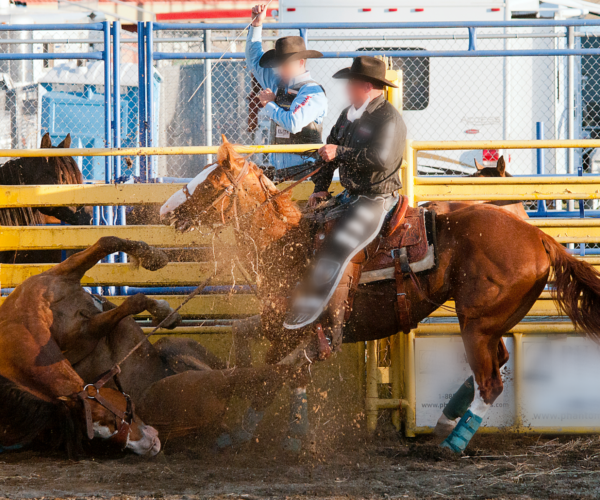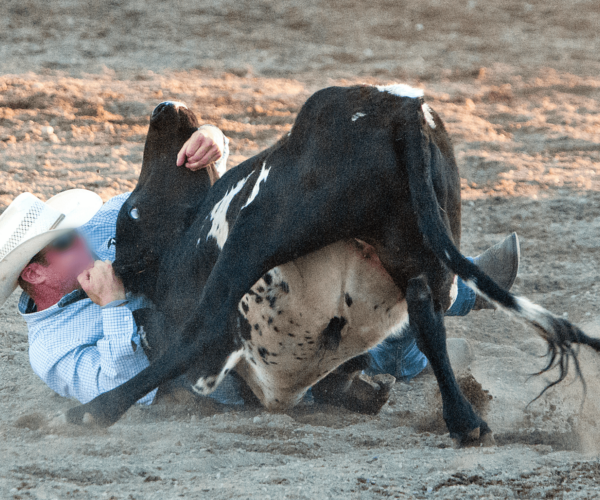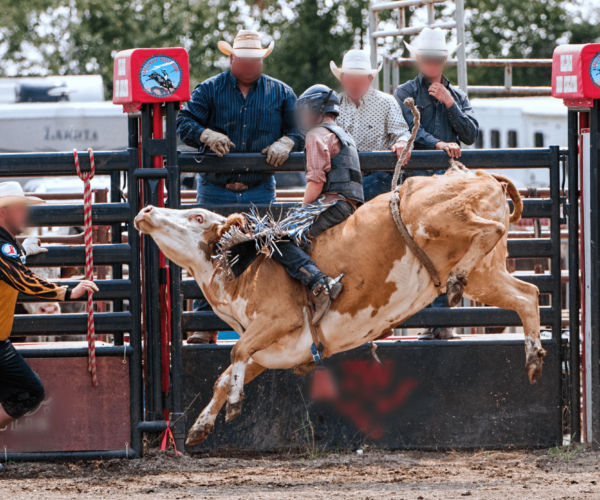- A new VHS report is urging Vancouver city council to end horse racing at Vancouver’s Hastings Racecourse, citing persistent animal welfare concerns and the long-term decline of the industry.
- The report comes after the preventable death of a horse at Hastings on June 8th. The horse, Gem Dancer, collapsed, went into distress and died of suspected heat exhaustion after racing during a heat warning.
- Gem Dancer’s death marks the second known horse fatality at Hastings in 2025 and follows a troubling trend—four horses died at Hastings in 2024, and eight more in 2023.
- The racing-related fatality rate at Hastings racecourse is markedly higher than the industry average, raising concerns about the potential for more deaths with the 2025 race season underway.
TAKE ACTION: Sign the pledge to not attend horse races and the VHS will update Vancouver city council about the number of pledge signatures.
Report: Considerations for the discontinuation of horse racing at Hastings Park
Key welfare concerns
Horses used in the high-pressure racing industry are subjected to stress, pain, and the risk of injury or death.
These harms result from selective breeding practices, aversive training methods, and the use of painful equipment such as whips, bits, and tongue ties.
Beginning racing or training at a young age poses health risks.
Typically, horses begin racing at around two years of age. Research has shown that initiating high-intensity activities at such a young age is associated with high rates of injury and early decline.
“Retired” horses face an uncertain future.
Most racehorses retire between the ages of four and six. When these horses can no longer be re-homed, used for breeding, or otherwise used to generate profit, they face an uncertain fate and may end up at auction and ultimately be slaughtered.
The racing fatality rate at Hastings is significantly higher than the industry average.
The racing-related fatality rate at Hastings in 2024 was 1.78 per thousand starts. This is markedly higher than the 2024 industry average of 1.11 per thousand starts and almost double the 0.90 fatality rate at tracks regulated by the Horseracing Integrity and Safety Authority.

